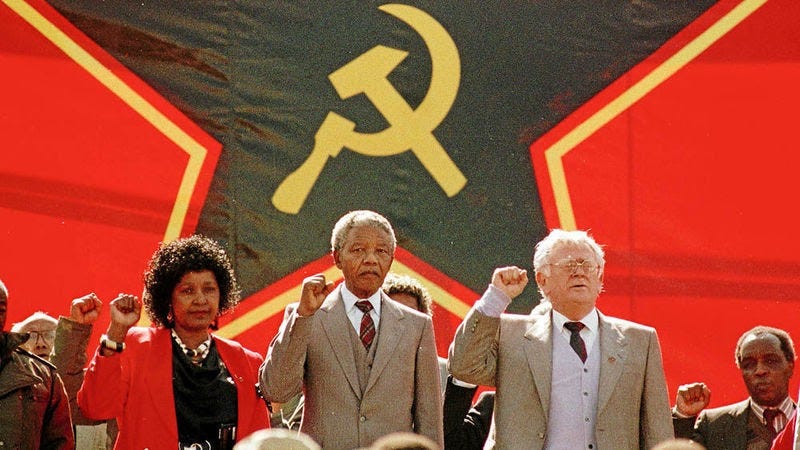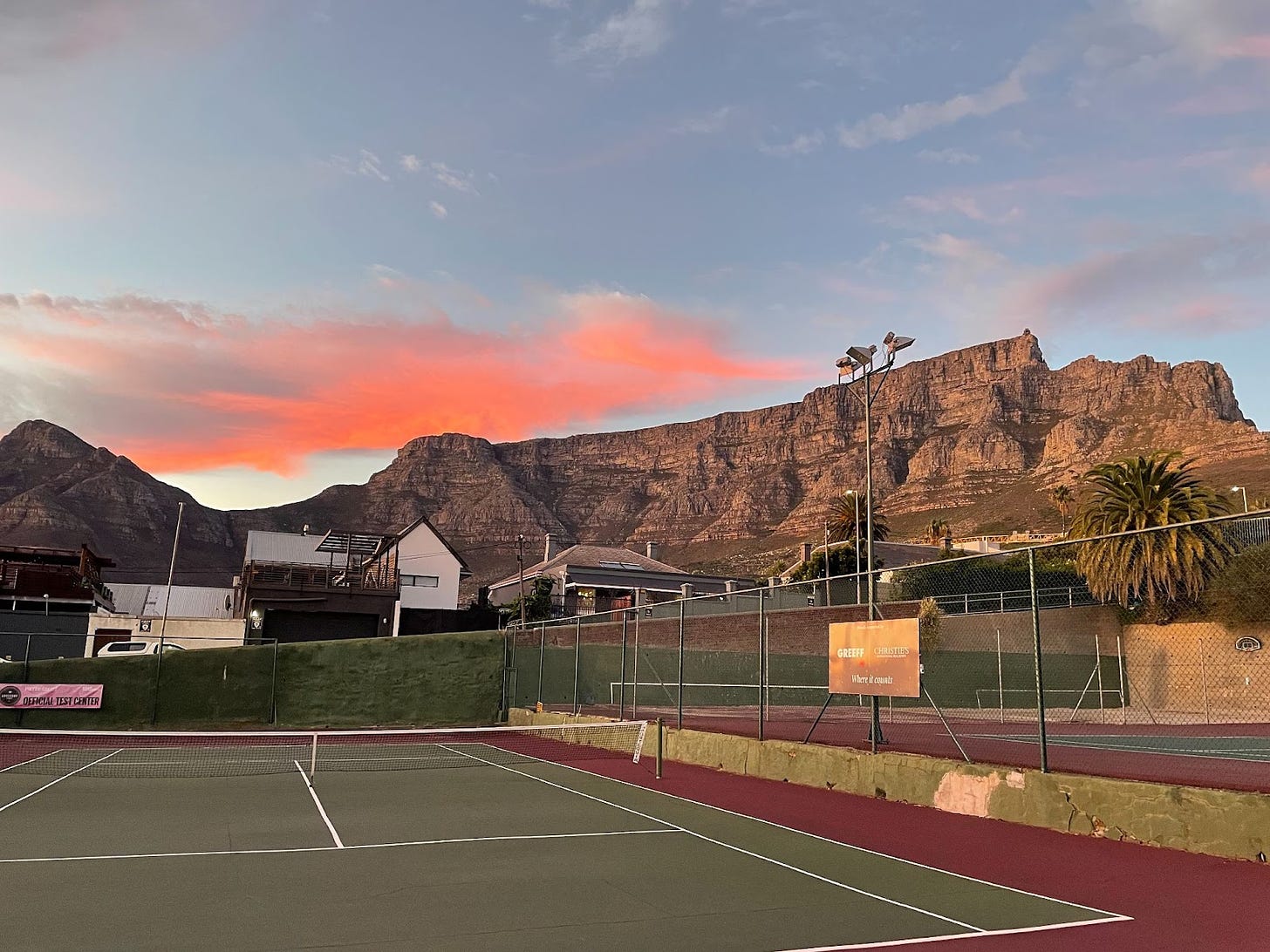Joseph Dana (JD) is a longstanding friend of WITI and a South Africa-based writer. He is the senior editor at Exponential View. He formerly edited the opinion pages at The National in Abu Dhabi and served as Monocle's Eastern Mediterranean correspondent and Istanbul bureau chief. Sign up for his newsletter: “Notes from a Fractured Country.” - Colin (CJN)
Joseph here. It’s been a rough year for South Africa. The country’s response to Covid-19 has been anything but efficient given delays in receiving vaccines, government corruption, and multiple waves of lockdowns. When things appeared as if they couldn’t get much worse, they did. Last month, Durban and Johannesburg were engulfed in widespread protests that rapidly descended into looting and attacks on critical infrastructure.
The motivation for these protests and riots was ostensibly the arrest of former president Jacob Zuma, who governed over nearly a decade of systematic corruption and the emptying of state finance coffers. (According to Bloomberg, more than $35 billion is estimated to have disappeared from state coffers during his tenure.) Zuma has been wrangling with the legal system since he was replaced by current president Cyril Ramaphosa, who came to power on a promise of rooting out graft.
Far from being found guilty, Zuma was put in prison for contempt of court after he refused to participate in the latest trial against him in June. Zuma’s supporters throughout KwaZulu-Natal, the province where he is from, and that forms the backbone of his political support, threatened mass protests in the event he was taken to jail. Few could have expected how severely they would deliver on their promise.
Why is this interesting?
Most of the world saw the stark images of thousands of people looting shopping centers during the violence that consumed Durban and Johannesburg in July. What was absent from the international coverage were the various other attempts at sabotage that took place during the days of chaos. Cellular infrastructure was destroyed, key South African ports were blocked, and chemical plants were set on fire. In the world’s most economically unequal society, the mass looting of shopping centres is easily understandable. It doesn’t take much to direct thousands of hungry and desperate people to loot a grocery store. The widespread attempts at economic destabilization are more difficult to understand. Why would someone protesting the arrest of Jacob Zuma set a chemical plant on fire or destroy a cellphone tower?
The answer to these questions requires a bit of history. During the fight against Apartheid, the African National Congress (ANC) created an armed wing known as uMkhonto we Sizwe (“spear of the nation” also known as MK) in the wake of the Sharpeville Massacre. The armed unit trained across Africa with trips to Russia and China following Nelson Mandela’s keen interest in Maoist and Cuban military strategy. Julia Lovell, in her recent book Maoism: A Global History, recalls that as Nelson Mandela prepared for the ANC’s shift to armed struggle, “he carefully read Mao’s milestones in the Chinese revolution and made dozens of pages of notes.” Moreover, African guerilla fighters (presumably including ANC fighters) would recite Mao’s “Three Main Rules of Discipline and Eight Points for Attention” and reminded each other that “the popular masses are like water and the army is like a fish.”
Jacob Zuma is a uMkhonto we Sizwe veteran, having joined the militia in 1962. After serving a ten-year sentence on Robben Island for “conspiring to overthrow the apartheid government”, Zuma set up and directed the group’s underground recruitment network. During his time as president, Zuma surrounded himself with a patronage network of MK veterans who both enabled and benefited from his years of corruption.
As it became clear that Zuma and other high-ranking political allies would be facing justice, his MK comrades seemingly hatched a plan to destabilize South Africa’s vital infrastructure in order to foil President Ramaphosa's judicial efforts (and retain as much control over the government as possible). Borrowing a page from Mao’s playbook, the MK veterans used a smokescreen of poor people looting department stores to attack vital infrastructure and destabilize the country.
It’s safe to say that a contingent of South African resistance figures would rather let the country burn in the midst of a global pandemic than face justice for crimes of corruption. For now, the violence has calmed down but the fight against corruption is anything but over. The unrest demonstrates that the ANC still has a significant amount of internal work to do before it has fully transitioned from a liberation movement to a governing party.
Court of the day:
Joseph’s local court in Cape Town (CJN)
Quick links:
Cape Town is fighting with the South African government to source its own renewable energy. This fight for energy independence might be a blueprint for other cities dealing with climate change in the future. (JD)
South Africa has shipped 32 million doses of locally manufactured Johnson & Johnson Covid-19 vaccines to Europe in recent months even though millions across Africa haven’t received a jab. (JD)
Amidst the pandemic and the civil unrest, South Africa’s national rugby team is once again the focal point of a “divided nation.” South Africa is a Country that doesn’t see the team rising to the challenge. (JD)
Thanks for reading,
Noah (NRB) & Colin (CJN) & Joseph (JD)
—
Why is this interesting? is a daily email from Noah Brier & Colin Nagy (and friends!) about interesting things. If you’ve enjoyed this edition, please consider forwarding it to a friend. If you’re reading it for the first time, consider subscribing (it’s free!).




